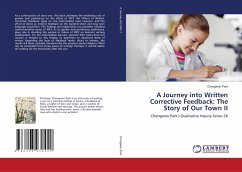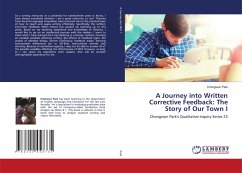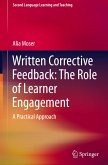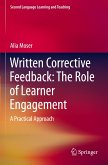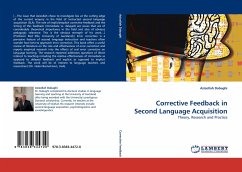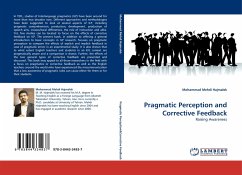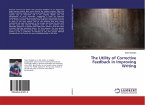As a continuation of story one, this book addresses the mediating role of gender and proficiency on the effect of WCF, the Effects of Written Corrective Feedback Types on the Intermediate Level Learners, and The effect of direct vs. indirect feedback on the students' short and long term language acquisition. The findings and implications are provided, entailing context-sensitive issues of WCF. As to gender and proficiency, proficiency plays role in deciding the success or failure of WCF on learners' writing development. For the intermediate learners, dynamic WCF works best, but caution is needed to this finding to beginners or advanced levels of writers. Regarding the issue of feedback mode, direct or indirect, the results still show unstable situations like the previous study's debates. What can be concluded from three pieces of writing? Perhaps, it will be better off waiting for the third book after this one.

